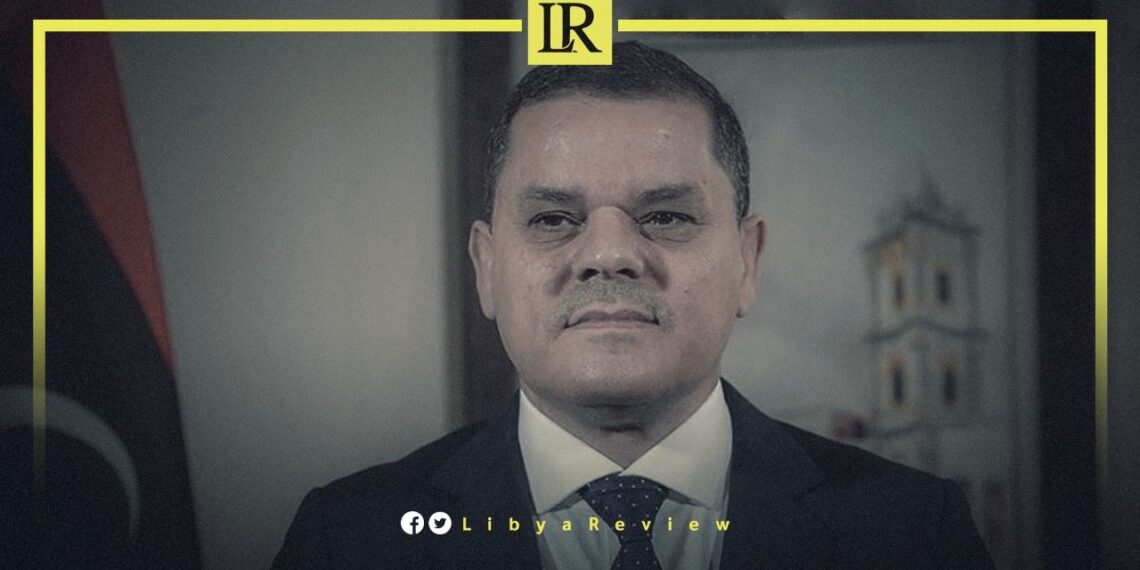In a detailed interview with Independent Arabia, Salamah Al-Ghuwel, former Minister of State for Economic Affairs and current Head of Libya’s Competition and Monopoly Prevention Council, attributed the ongoing economic crisis in Libya to the political division that has hindered the establishment of a stable state model.
With the absence of enforceable laws and the prevalence of security chaos, compounded by foreign interventions in domestic affairs, Al-Ghuwel argued that these factors have collectively damaged the Libyan economy.
Al-Ghuwel identified the political fragmentation in Libya as a primary cause of the economic downturn. He emphasised that investment requires a secure environment founded on the confidence of businesses and corporations. However, the reliance on opportunistic deal-making and hoarding, without establishing a framework for genuine economic development, has left the Libyan economy’s identity undefined. The economy is fluctuating between unchecked capitalism and deeply rooted socialism.
Despite these challenges, Al-Ghuwel sees potential for successful investment in Libya. He noted that many Arab businessmen have found success in the country, which is rich in resources and offers ample opportunities, provided there is a stable legal and social environment.
Al-Ghuwel criticised the government of Western Libya for contributing to the devaluation of the Libyan dinar, inflation, and the depletion of foreign reserves. He attributed these issues to the government’s excessive and irrational spending, which has led to price inflation, a dollar crisis, and the emergence of a black market.
He recounted the establishment of the Competition and Monopoly Prevention Council in 2010, which was reactivated in 2022 to ensure fair competition and monitor the executive authority’s operations. The council has identified several monopolistic practices and worked with the public prosecutor to address these illegal activities.
Al-Ghuwel highlighted the vital role of the judiciary in maintaining national stability and confidence in governmental decisions. He called for support from regional and Arab countries to preserve Libya’s identity and economy. He emphasised the importance of a unified government to lead the country towards elections.
While discussing the proposal by the Government of National Unity (GNU) to remove fuel subsidies, Al-Ghuwel expressed opposition, citing political motives and timing concerns. He highlighted the need for a more thoughtful approach to subsidy reform and economic restructuring.
Al-Ghuwel expressed confidence in Libya’s potential to avoid bankruptcy and reliance on international financial institutions. He cited the country’s oil wealth and limited population. He advocated for strategic financial management by the Central Bank of Libya to address the nation’s challenges.
In conclusion, Al-Ghuwel stressed the importance of reassurance and justice for all political factions and the need for a collaborative approach to governance, drawing on international experiences to build a transparent and resource-efficient Libya.


